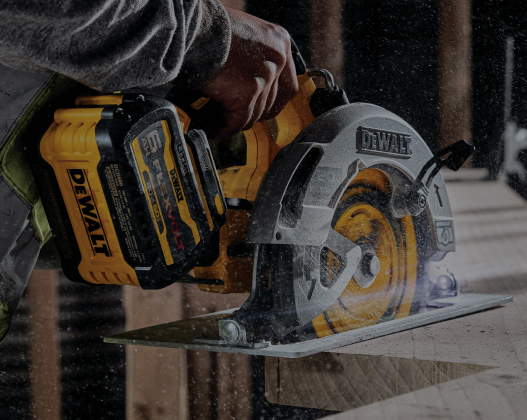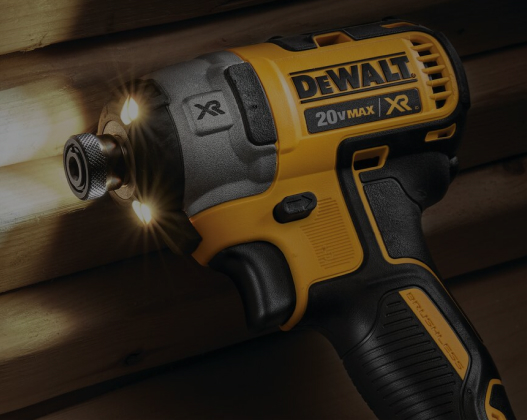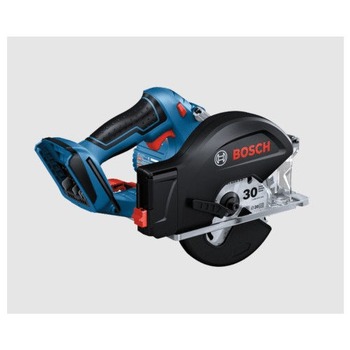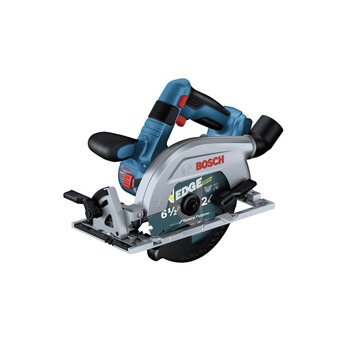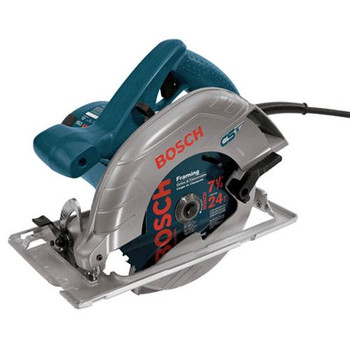- Featured Items
- Top Sellers
- Price (Low to High)
- Price (High to Low)
- Depth Adjustment: Yes
- Blade Position: Left
- Depth of Cut (45 Degrees): 1-9/16 in
- Depth of Cut (90 Degrees): 2 in
- Bevel Capacity: 50 Degrees
- Depth of Cut (45 Degrees): 1-15/16 in
- Depth Adjustment: No
- Depth of Cut (90 Degrees): 2-3/8 oin
- Bevel Capacity: 0-53 Degrees
- Blade Position: Left
- Depth of Cut (45 Degrees): 1-13/16 in
- Depth Adjustment: Yes
- Depth of Cut (90 Degrees): 2-1/2 in
- Bevel Capacity: 0-50 Degrees
- Blade Position: Right
- Depth of Cut (45 Degrees): 1-7/8 in
- Depth Adjustment: Yes
- Depth of Cut (90 Degrees): 2-7/16 in
- Bevel Capacity: 0-56 Degrees
- Blade Position: Right
- Depth of Cut (45 Degrees): 1-9/16 in
- Depth Adjustment: Yes
- Depth of Cut (90 Degrees): 2-1/4 in
- Bevel Capacity: 50 Degrees
- Blade Position: Right
- Depth Adjustment: Yes
- Depth of Cut (45 Degrees): 1-13/16 in
- Depth of Cut (90 Degrees): 2-1/2 in
- Bevel Capacity: 0-50 Degrees
- Depth Adjustment: Yes
- Blade Position: Left
- Depth of Cut (45 Degrees): 1-9/16 in
- Depth of Cut (90 Degrees): 2-1/4 in
- Bevel Capacity: 50 Degrees
- Depth of Cut (45 Degrees): 1-7/8 in
- Depth Adjustment: Yes
- Depth of Cut (90 Degrees): 2-7/16 in
- Bevel Capacity: 0-56 Degrees
- Blade Position: Left
Circular Saws
Circular saws are power tools with circular toothed blades that rotate at high speeds to cut through materials cleanly and accurately. They’re an essential item in the collection of any woodworker, but circular saws can also be used to cut metal, plastic, and masonry. Though commonly seen in corded or cordless handheld models, you can also find versions of the circular saw mounted to other machines, such as the table saw and chop saw.
The circular saw is renowned for its versatility and portability. You can use it to both rip and crosscut wood of varying thickness. While it does a fantastic job making straight cuts, the angle of a circular saw blade can also be adjusted to make bevel cuts as well. This offers you a lot of freedom in using a circular saw for different types of projects. Circular saw blades are available in various sizes and tooth counts for even more flexibility.
How Do I Choose a Circular Saw?
There are several key factors to consider when deciding which circular saw is right for you. Circular saws come in multiple styles and offer various features, making each one suitable to certain types of projects.
Left or Right Blade Position
Circular saws are available with the blade positioned on the left or right side depending on whether the user is right- or left-handed. Choose the one that will be most comfortable for you to operate.
Worm Drive
In a worm drive saw, the motor is located behind the blade, giving the tool a longer, thinner profile. This makes it easier to use the saw in tighter, more confined spaces. It also gives you a longer reach, which can be useful for certain kinds of tasks like crosscutting plywood sheets. A worm drive saw is typically more powerful than a sidewinder, but it’s also heavier and more difficult to control.
Sidewinder (Direct Drive)
Also known as a direct drive saw, the sidewinder circular saw features its blade next to the motor, making it wider but shorter than a worm drive saw. Combined with a more lightweight design, a sidewinder saw is easier to handle and maneuver. If you’re a beginner or do a lot of minor repetitive cutting tasks, a direct drive saw is likely the better choice.
Power
The maximum amount of power your saw can provide largely depends on whether it’s a corded or cordless model. When dealing with a corded saw, pick one with a higher amperage rating for those more intense projects. Corded saws offer the most power, but the extra juice obviously comes at the expense of convenience and flexibility. Keep in mind that cordless saws have advanced rapidly and can nearly match their corded counterparts in terms of power output. You’ll likely be able to find a cordless saw that meets your requirements while providing all the convenience of a cord-free workplace.
Blade Size
The standard circular saw blade diameter is 7-1/4 inches, but you may choose a smaller or larger blade depending on your needs. You can typically find blades ranging from 5 inches all the way to 12 inches. Smaller blades are easier to control but will naturally struggle to slice through thicker, tougher materials. A regular 7-1/4 inch blade should competently handle most tasks that come your way, but for bigger jobs like cutting large beams and studs, consider a blade in the 8-1/4 to 10-1/4 inch range.
Shoe Style
Even the most careful tradesperson will drop their tools from time to time. Look for a circular saw with a cast-metal reinforced shoe rather than aluminum or stamped steel to better withstand falls.























